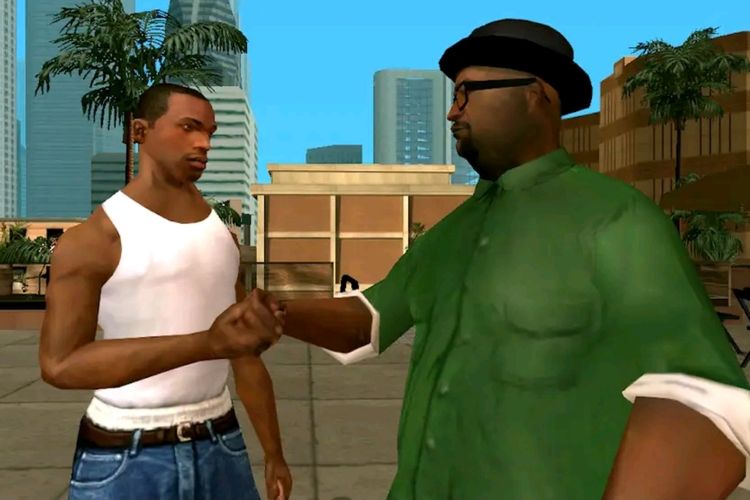Nowhere in the European Union has the petrol price risen so high and so fast as in the Netherlands. The record recommended price of 2.50 per liter Euro95 is 10 to 20 percent higher than in our neighboring countries. And the absolute price difference is getting bigger and bigger.
On Friday, the cabinet decided to reduce excise duty and VAT on energy from 1 April in order to protect purchasing power. Petrol excise duties are reduced by 17 cents, and 11 cents less excise duty has to be paid on a liter of diesel. In addition, the VAT will drop from 21 percent to 9 percent. This will cost the state 2.8 billion euros and will be partly financed by additional gas revenues.
Why are prices rising so much faster in the Netherlands than in other European countries? This is due to the tax system. There is now 0.83 euros in excise duty to the state per liter of petrol of 2.50 euros. 21% VAT is levied on both the petrol price and the excise duty. This is exceptional. It’s a tax on tax.
In 1991 the excise duty was ‘temporarily’ increased by Kok’s quarter. This measure has never been withdrawn. In addition, there is an annual inflation rate increase in excise duties in the Netherlands. You see this in few other countries.
Due to the large differences in petrol prices, many people in the border regions in Germany or Belgium refuel. They also do their shopping there and spend money in the catering industry. In this way, the Dutch state misses out on VAT and excise duties on tobacco and alcohol, among other things, and there is a loss of turnover at the local retail trade and catering.


